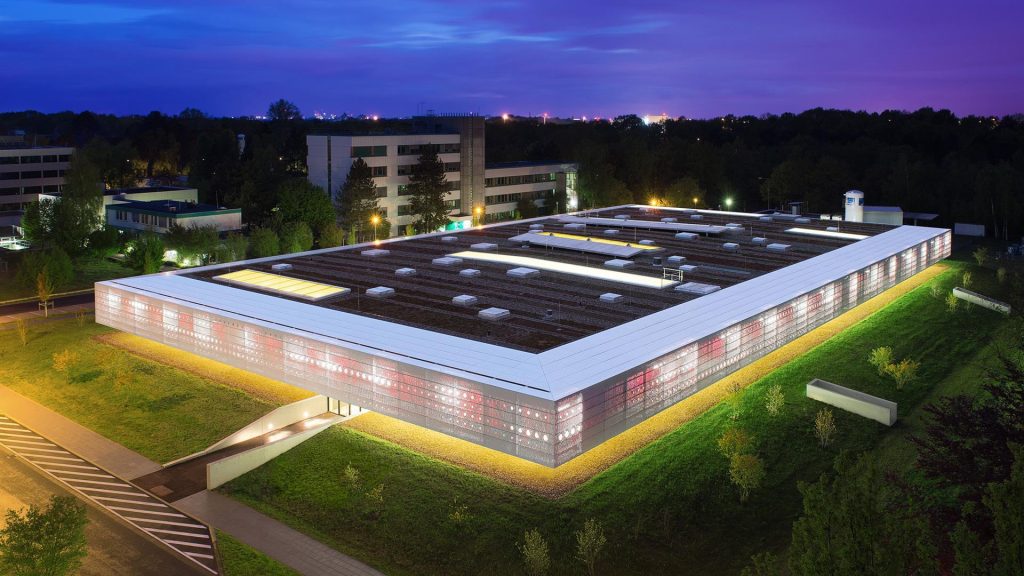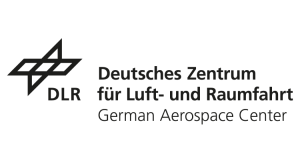DLR is the German aerospace research and technology centre. In its core areas, DLR develops technologies for aeronautics and space, energy and transport, as well as security and defence research. The DLR Institute of Vehicle Concepts is internationally recognised for the design of future road and rail vehicles that enable climate and environmentally friendly mobility while being affordable and user-friendly at the same time. We research and demonstrate the required key technologies and maintain close cooperation with other scientific institutions as well as industrial and political bodies. Our Vision is to shape the mobility of tomorrow – climate-friendly, affordable and user-friendly.

DLR - Deutsches zentrum für Luft- und Raumfahrt
Involvement
In the GEN1200 project, the Department Alternative Energy Converters of the DLR Institute of Vehicle Concepts is involved. The relevant strength of the group Innovative Drive Systems with group leader Christian Weber is the holistic approach to electrical machines including inverters, from magnetic circuit design and construction to mechanical design, analysis of natural frequencies and thermal design through to the construction of the machine, including testing and measurement. Our own test benches are able to automatically create efficiency maps and measure vibrations and thermal behaviour.
Role in the Project
DLR is leader of work package 6. The primary objective in this work package is to assess the performance of the developed technologies in specialized lab rigs and to integrate them in a representative C-segment demonstrator for closed track testing.
After collecting and documenting the specifications and requirements for post-800V testing, DLR coordinates the detailed performance assessment of the components and subsystems according to the testing plan. DLR will prepare and implement the test infrastructure for assessing the components (inverter, motor, DC-DC, 1200V battery). This will include adaptation of the testing infrastructure for 1200V and first pilot measurements to check the functionality and accuracy. Where necessary for repeatability, automated measurement procedures will be implemented. After this, DLR will coordinate the measurement, data collection and data analysis for each component with the involved partners. Furthermore, DLR will coordinate the preparation and implementation of the test infrastructure for characterizing the 1200V integrated traction unit.

